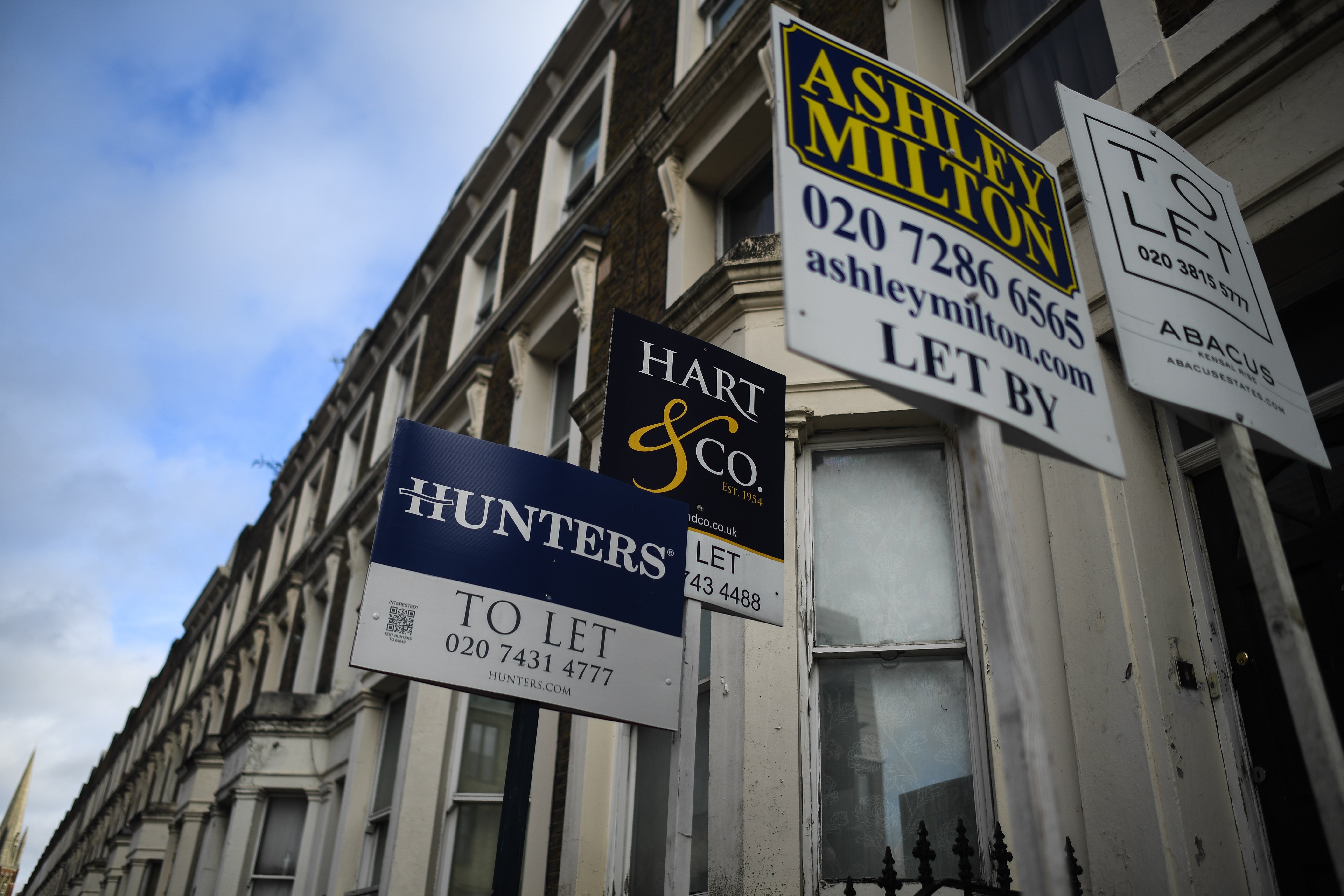Average UK house prices hit new record high but will likely slow down, says Nationwide
End of furlough scheme and stamp duty holiday may see house prices fall ‘significantly’ after mini boom

Your support helps us to tell the story
From reproductive rights to climate change to Big Tech, The Independent is on the ground when the story is developing. Whether it's investigating the financials of Elon Musk's pro-Trump PAC or producing our latest documentary, 'The A Word', which shines a light on the American women fighting for reproductive rights, we know how important it is to parse out the facts from the messaging.
At such a critical moment in US history, we need reporters on the ground. Your donation allows us to keep sending journalists to speak to both sides of the story.
The Independent is trusted by Americans across the entire political spectrum. And unlike many other quality news outlets, we choose not to lock Americans out of our reporting and analysis with paywalls. We believe quality journalism should be available to everyone, paid for by those who can afford it.
Your support makes all the difference.House prices in the UK have hit a new record high of £227,826 on average, as annual growth in property values reached its fastest rate since 2015.
The Nationwide Building Society said house prices increased by 5.8 per cent annually in October, marking the fastest year-on-year growth rate since January 2015. Prices increased by 0.8 per cent month on month.
Buyers searching for larger homes with more space during the coronavirus crisis, as well as those looking to beat the stamp duty holiday deadline, which expires on 31 March 2021, contributed to the mini boom in the UK property market.
The Bank of England this week released figures showing home-buyer mortgage approval numbers have climbed to a 13-year high as of September.
However, estate agents and mortgage brokers are concerned that potential buyers may pull out of transactions early next year if it looks like they will not meet the stamp duty deadline.
National Association of Estate Agents (NAEA) Propertymark and other estate agent groups have been calling for action to stop a cliff-edge situation in 2021, arguing that this can be done with an extension of the deadline and a smoothing of the end of the holiday.
Nationwide’s chief economist, Robert Gardner, said the outlook “remains highly uncertain” and will depend heavily on the evolution of the coronavirus pandemic and policy measures implemented to contain the virus and mitigate damage to the economy.
“Behavioural shifts as a result of Covid-19 may provide support for housing market activity, while the stamp duty holiday will continue to provide a near-term boost by bringing purchases forward,” he said.
“However, activity is likely to slow in the coming quarters, perhaps sharply, if the labour market weakens as most analysts expect, especially once the stamp duty holiday expires are the end of March.”
Mark Harris, chief executive of mortgage broker SPF Private Clients, said: “The stamp duty holiday has clearly stimulated the market, combined with the impact of Covid and the desire for people to move somewhere with more outside space.
“The end of the stamp duty deadline is a concern, and needs looking at by the government, although it is focusing buyers’ minds on getting deals done in the short term.
“The problem borrowers’ face is lenders’ service levels, with some struggling with the rise in demand. Price and criteria are key when choosing a mortgage, but borrowers must also consider how long a lender is going to take.”
As the government’s furlough scheme winds down this week and the jobs market braces for a fresh round of losses, economists predict that house prices could fall as much as almost 14 per cent next year when the stamp duty holiday comes to an end.
The Centre for Economics and Business Research made the projection last month, and said property values are set to start falling “significantly” towards the end of the year.
Additional reporting by PA





Join our commenting forum
Join thought-provoking conversations, follow other Independent readers and see their replies
11Comments